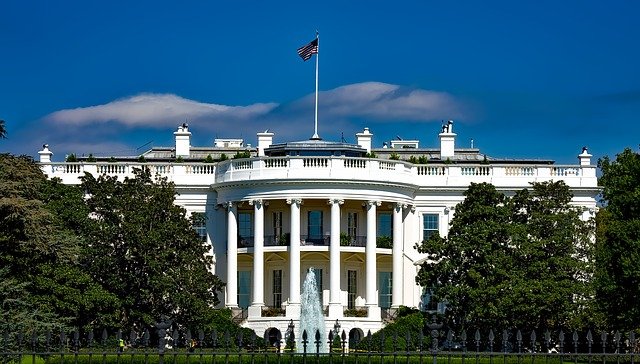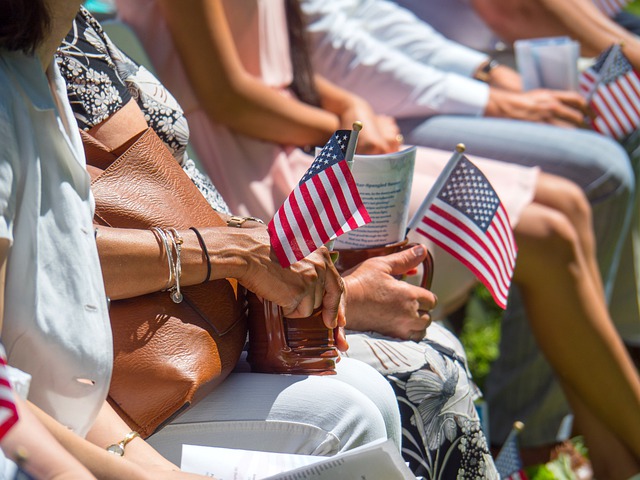
Dress Code in Schools
Task Force: Dress Code is Schools Congratulations! You have just been hired as the Vice Principal of your local public high school. This year, you
Each section starts off by setting the narrative and describing what they have been tasked with. For example, a Task Force about affordable housing might indicate that the individual(s) has/have been put in charge of creating an affordable housing proposition by the U.S. Department of Housing and Urban Development.

Task Force: Dress Code is Schools Congratulations! You have just been hired as the Vice Principal of your local public high school. This year, you

Task Force: Accessibility to Guns Congratulations! You have just been elected to your state senate. During your campaign, you promised that you would fight to

Task Force: Pollution in NYC Congratulations! You have been chosen by the New York City Department of Environmental Protection to suggest new pollution-reducing strategies for

Task Force: Decolonizing History in Schools Congratulations! You have been selected to redesign the way history is taught in schools through a decolonizing perspective. Your

Task Force: Choose Your Own Cabinet Members Congratulations! You have just been elected president of the United States. Before you take office, you must

Task Force: Citizenship Process Congratulations! The United States Citizenship and Immigration Services has chosen you to redesign the citizenship process. Your goal is to critique

Task Force: Create Your Own “Sacred Cows” Congratulations! You have been assigned by the United States Congress to present a list of policies and/or programs

Task Force: Subsidies for Farms Congratulations! The National Farmers Union has recruited you to advocate for them through a proposal to the government about leftover

Task Force: International Surrogacy Norms Congratulations! You have been hired by the World Health Organization (WHO) to create a policy designed to create international surrogacy

Task Force: Dealing With PR Crisis Oh no! You have been in charge of a major corporation for nine years, but a recent article has